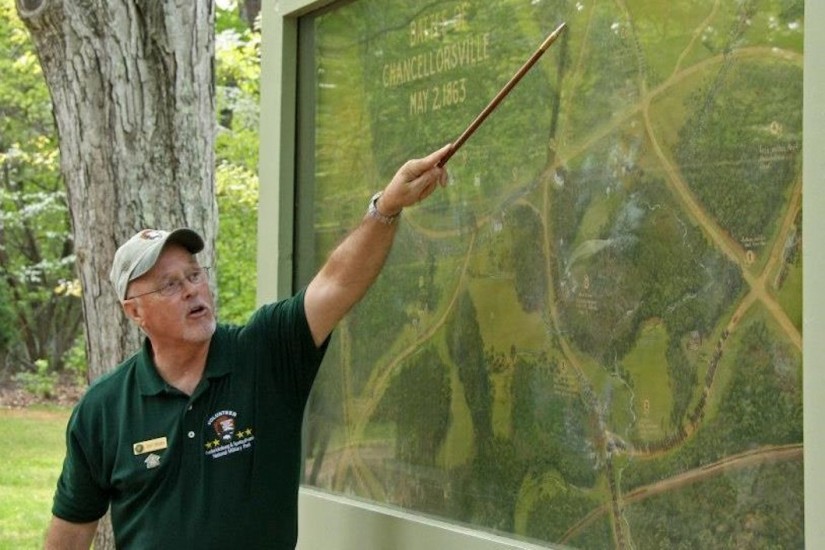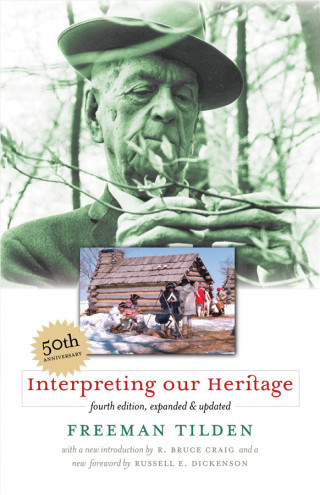
Interpreting Our Heritage came at an important moment for both the NPS and those interested in commemorating the Centennial. The book was published only four years after the NPS undertook a major reorganizational plan that saw the creation of an Interpretation division within the agency. Likewise, plans to commemorate the Centennial at major Civil War battlefields under the NPS’s management were starting to take shape at this time. Interpreting Our Heritage was the first full-length study to examine the theoretical aspects of interpreting natural and cultural resources. The book became mandatory reading for NPS interpretive staff in the 1960s, and it remains an important resource for public historians today. While Tilden was not an expert on the history of the American Civil War, he cited examples from the war numerous times in Interpreting Our Heritage. Examining these references offers slight clues into how interpreters might have approached the task of telling stories about the Civil War to their audiences.
Tilden passionately argued that “information” was not the same as “interpretation.” He criticized previous programming at Civil War battlefields for being too detail-oriented and factual. “In the fifty years following the end of that fratricidal war, there was much emphasis, when the veterans and their children were visiting the scenes of each bloody combat, upon information. It was then a thrill to know, to recall, just where papa’s regiment had stood, by what road an advance or retreat was made,” according to Tilden. Now the time had come for a telling of the “great human story” that went beyond tedious military details. “The battlefield of our great fratricidal American war is not merely a place of strategy and tactics; not a place where regiments moved this way and that like checkers on the board; not merely a spot where something was decided that would lead to another decision.” Tilden preached, in other words, the importance of placing the human experiences of warfare front and center. It made little sense to present interpretations best suited for “a group of Civil War Roundtable enthusiasts” to a general audience experiencing the war’s history for perhaps the first time.

